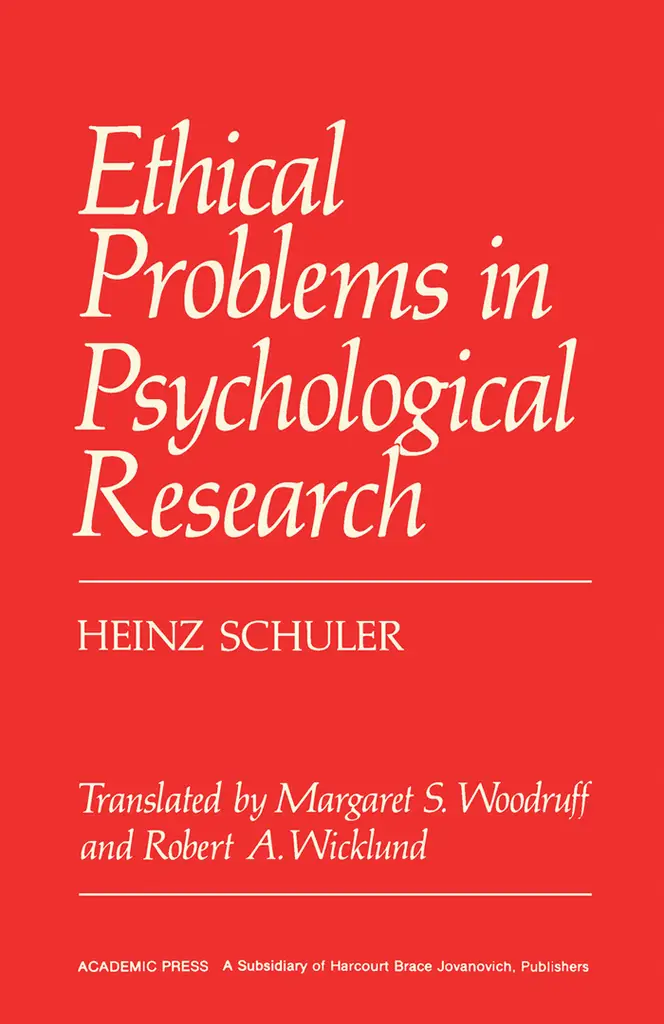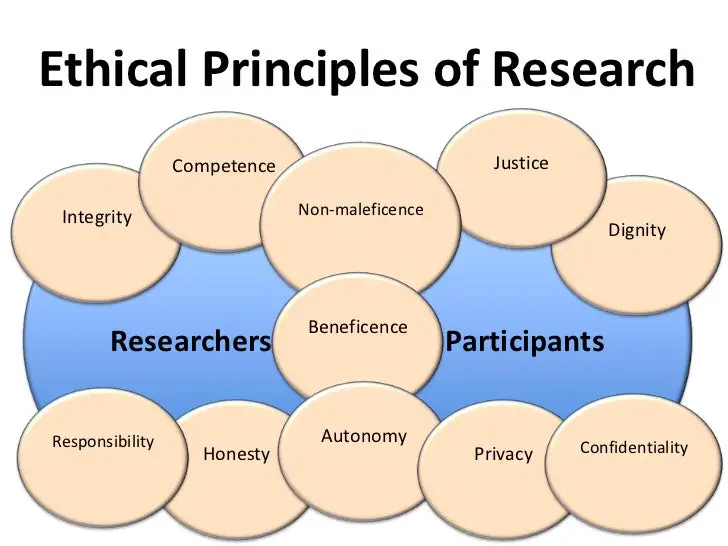The Ethical Use of ChatGPT in Psychological Research and Therapy

ChatGPT has emerged as a transformative technology that holds immense potential for psychological research and therapy. However, its ethical use requires careful consideration to protect the privacy, well-being, and trust of participants. Here are some key ethical principles to guide its responsible use:

Informed Consent:

Obtaining informed consent is crucial in all research and therapy involving human participants. Individuals must be fully informed about the purpose, procedures, and potential risks and benefits of ChatGPT use. Consent should be voluntary and given after participants have had the opportunity to ask questions and express any concerns.
Confidentiality and Privacy:
ChatGPT interactions generate sensitive personal data, including thoughts, feelings, and experiences. Maintaining confidentiality and protecting privacy is paramount. Researchers and therapists must implement robust security measures to safeguard data and follow established ethical guidelines on handling sensitive information.
Avoiding Harm:
ChatGPT’s responses may sometimes contain harmful content, such as harmful advice or harmful language. Researchers and therapists must carefully monitor and filter responses to prevent potential harm to participants. They should also be prepared to provide appropriate support or referral to human professionals in case of need.
Fairness and Bias:
ChatGPT’s algorithms may exhibit biases that can unfairly impact certain populations. Researchers and therapists must be aware of potential biases and take steps to mitigate them. For example, they should ensure that ChatGPT responses are inclusive and avoid reinforcing harmful stereotypes.
Transparency and Accountability:
Researchers and therapists should be transparent about their use of ChatGPT in research and therapy. They should disclose the role of ChatGPT in the study or therapeutic process and be accountable for the ethical use of the technology.
Professional Boundaries:
ChatGPT should not replace the role of human researchers or therapists. It should be used as a supportive tool to enhance research and therapeutic interventions. Therapists must maintain clear professional boundaries and avoid forming inappropriate relationships with ChatGPT.
Adherence to Ethical Codes:
Researchers and therapists using ChatGPT must adhere to established ethical codes and guidelines in their field. These include the American Psychological Association (APA) Ethical Principles of Psychologists and Code of Conduct and the World Medical Association Declaration of Helsinki.
By adhering to these ethical principles, researchers and therapists can harness the transformative potential of ChatGPT in psychological research and therapy while safeguarding the trust and well-being of participants.

